I'd like feedback on my article: Vegetable Names in Spanish For Eng
- hubber8893posted 4 years ago
0
Dear Hubbers,
Please help improving my article "Vegetable names in Spanish for English Readers"
Link :
https://hubpages.com/hub/Vegetable-Name … rs?hubview
It was submitted for consideration on owlcation but rejected. In my opinion, it covers all the requirements of the niche site.
Thanks
SouravI think the problem is that you don't have much content. You just have one to one correspondences between the English name of a vegetable and the Spanish equivalent. So there is not much value or information added by you. You will need to expand your content with actual paragraphs.
Here is an example of a similar hub that I wrote which did get accepted to owlcation. https://owlcation.com/humanities/How-to … in-Italian
Note that I didnt just list a bunch of synonyms but instead gave some context on when and how they are used.
I realize that vegetables don't easily lend themselves to this kind of discussion. But perhaps you could add some information about how they are used in Spanish cuisine, or at least some interesting information.
Otherwise the content is too thin I think.While it's far from reliable, Google translate works relatively well with single word translations. Most if not all internet users will use that to translate single words. Actually, I think if you search for "vegetables English to Spanish," Google immediately shows its translation service.
And so like quotations said, you have to provide far more value add. You have to target audiences looking for more than just a single word translation. I.E. the whole angle of the hub needs to be changed.Sir,
I have gone through your profile and found an impressive hub score of 98. All the articles accepted by niche sites. That is an extraordinary achievement on this great platform.
I just need a help from your side. Please edit just 1 or 2 paragraphs of my article and post in reply here to show how can I mend my work, I will follow the same sequence for all the names given it.
ThanksWhat CYong74 does is up to him, but I don’t think he should be writing one or two paragraphs for you. That’s your job. As others have said, you need to add more information to the article. It’s easy for people to find the Spanish names for vegetables. You need to think of extra information to add to the article without making its title irrelevant.
You don’t have to call me Sir,
 . I’m just another hubber.
. I’m just another hubber. 
I had another quick look at your hub and I don’t see anything that wrong with your writing. The problem is really that no one will search, read, CTRL-F, a hub, for a one-word translation from English to Spanish. They will just use Google translate or other similar services.
I seldom write food articles too, so I’m unfamiliar with the niche. But offhand, I think the following approaches might work better.
- Spanish cooking/ingredient words that are commonly used in English speech. With a concise introduction for each.
- A comprehensive list of words related to food in Spanish? Say, 100 or so? (This targets Spanish learners)
- Spanish colloquial/slang words for common food items? For example, other than “tomate,” do Spanish speakers use other terms when referring to tomatoes? This somewhat goes along quotations’ suggestion, btw.
I don’t know whether any of the above would work but in general, my suggestion is to target deeper than just pure translations. Reduce the number of pictures used as well, there’s too many and it’s distracting.
Lastly, rework from fresh so that you can change the URL. You don’t want the situation of your URL saying one thing, but your actual content completely something else.Hi Sourav,
I have a good command on Spanish language. Just checked your profile to see if I can suggest you something but unfortunately I am unable to open your articles even the ones that are on Owlcation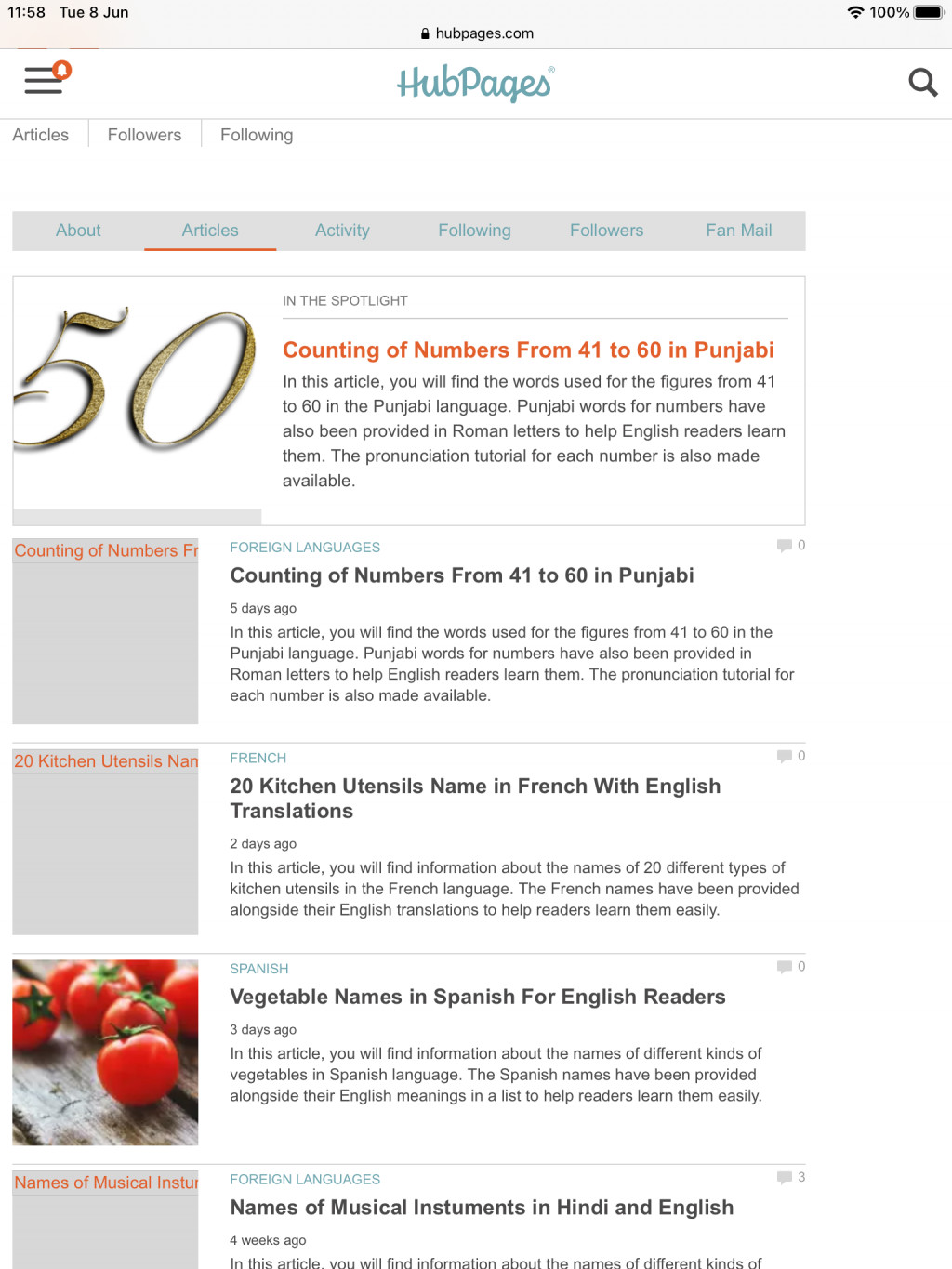


One more thing you have a lot of similar articles on your profile that are on Owlcation. However, I am unable to open them as it gives error but how they were moved to niche? I mean you submitted those articles yourself or hubpages picked them up
Same problem happen with me !
Can comments help improving articles?No, comments don't help to improve an article. At least, I believe, there’s nothing like that, Rawan
You are very new here, so I really didn’t understand what kind of problem you are talking about. You can submit an article to a network site after every 14 days.
You just joined 6 days ago
It's not affecting everything. People on Twitter are saying some sites aren't loading correctly, while others are fine. Amazon went down and some news sites.
The OP's hubs are displaying properly now, though they weren't for me previously.My connection tripped like, a second after I submitted a message to an editor. I hope it went through...
So,
Starting with your first word potato, it’s la patata... there’s a difference between la papa and la patata for “potato” we use the word La Patata
I believe you have to use the words “La” and “El” before the names of vegetables. The word “La” is used for feminine and “El” for masculine. So it is La Patata, la berenjena, el tomate ( tomato is not a vegetable it’s a fruit) el Nabo, El champiñón, El pepino ( mostly, we use the word cucumbre for cucumber in Spain at least in Barcelona)
One more thing, I would suggest, you can write few sentences for each vegetable like what to say if you want to buy any vegetable from the Spanish vegetable shop.
Examples:
¿Son estas patatas dulces? Means, “are these potatoes sweet?“
¿Cuál es el precio de las cebollas? Means, “ What's the price for onions?”
And so on... You first need to assure you have a good command on the language.... well, Spanish, I believe is a complicated language...
Note: we use two different languages here in Spain ( the most common ones). Catalan and Spanish. Don’t mix them up. There are few words that are similar but both are different languages.Thanks for your kind gesture Misbah786. The Spanish is a diverse language with intercontinental presence and that is why it has been modified/altered by people from different regions for their convenience of communication. I have taken an initiative to bring knowledge about different languages through which people can easily grasp the meanings of some common things. I am listing the information in a different manner than the search engines. I am also seeking support of some noble beings like you to fulfill my objective and I invite you to read all my articles about your mother-tongue only and suggest any ammendments if necessary(if you have time to do so and you think appropriate).
It is really nice to meet you!Thanks for your kindness, Sourav
My mother tongue is not Spanish, it's Urdu. But I live in Spain and I speak Spanish. I love to learn different languages. As Eric suggested, I would also recommend that you stick to the language you speak or are familiar with.
I Believe you are somewhere from Punjab, India.
I have seen some of your articles that are about the Punjabi language. They are on Owlcation and are good. I believe you can only teach what you know. Right?
I am originally from Pak. I do speak Punjabi, Urdu, English, Spanish, Arabic, Turkish, [Hindi, Bengali (I cannot write Hindi and Bengali but can understand and speak)]. A few more, that I can understand and can speak.
I hope my suggestions would help you.
Many Blessings to you!One more thing that I missed is that the Spanish word for vegetable is Verdura not vegetal
For vegetables, it's Verduras.
Verdura/Verduras mean vegetable/s that you can eat.
Vegetal/es in Spanish refers to things you cannot eat, plants, grasses, and trees.Thanks, I will update all the suggestions provided by you and please accept my depth of gratitude for paying valuable attention while affording your precious time consumed in reading and giving feedbacks.
Many blessings to you!
Hi Misbah786
I hope you're alright. I made your suggested corrections to my article.
There is only one thing, as you said the names should be like el pepino, la patata etc.
Is it necessary to put el or la before the name of the vegetable if I do not write the English word as "the potato" or "the cucumber"?Hi Sourav,
It is important to use el and la. English and Spanish are two different languages and so is the grammar. You cannot apply the same rules in two different languages. Can you relate Hindi or Punjabi's grammar to English grammar? No, of course.
There are similarities and differences between English and Spanish
For example, in English we say:
• Dogs are good pets.
In Spanish:
• Los perros son buenas mascotas. (even when speaking of dogs in general it's Los Perros for dogs and for one dog it's el Perro)
you will find many words that are similar to English and hundreds of Spanish words that you will understand because they are similar to English.
See this example
In English: I have to work on Monday.
In Spanish: Tengo que trabajar el lunes.
Focus the "el Lunes"
Another example: El español me gusta mucho. ( I like Spanish very much) focus "el"
But when you say, "I speak Spanish"
It's "Yo hablo español." See this time there is NO "el" with español
Another example: It's one o'clock
In Spanish, it will be Es la una.
Have you ever said, It's the one O'clock in English?
So Don't fret. That's what I told you before, "Spanish" is a complicated language.
See the images and links below to know more about it
Note: You have to use el and la. One more thing the article you have on Owlcation regarding the name of fruits in Spanish needs the same edit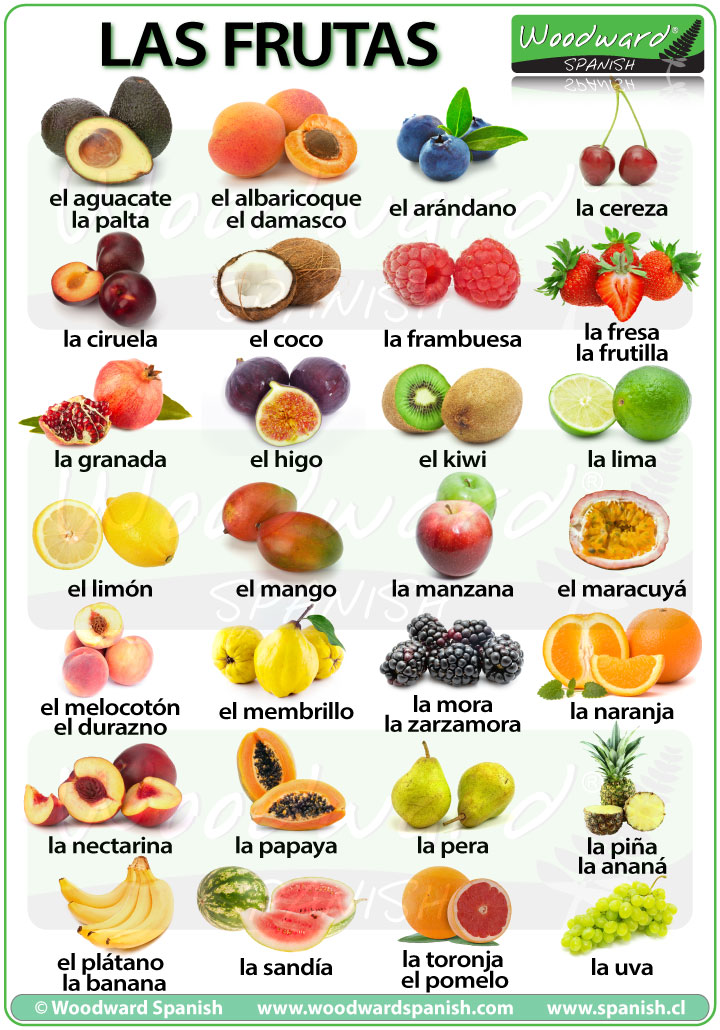
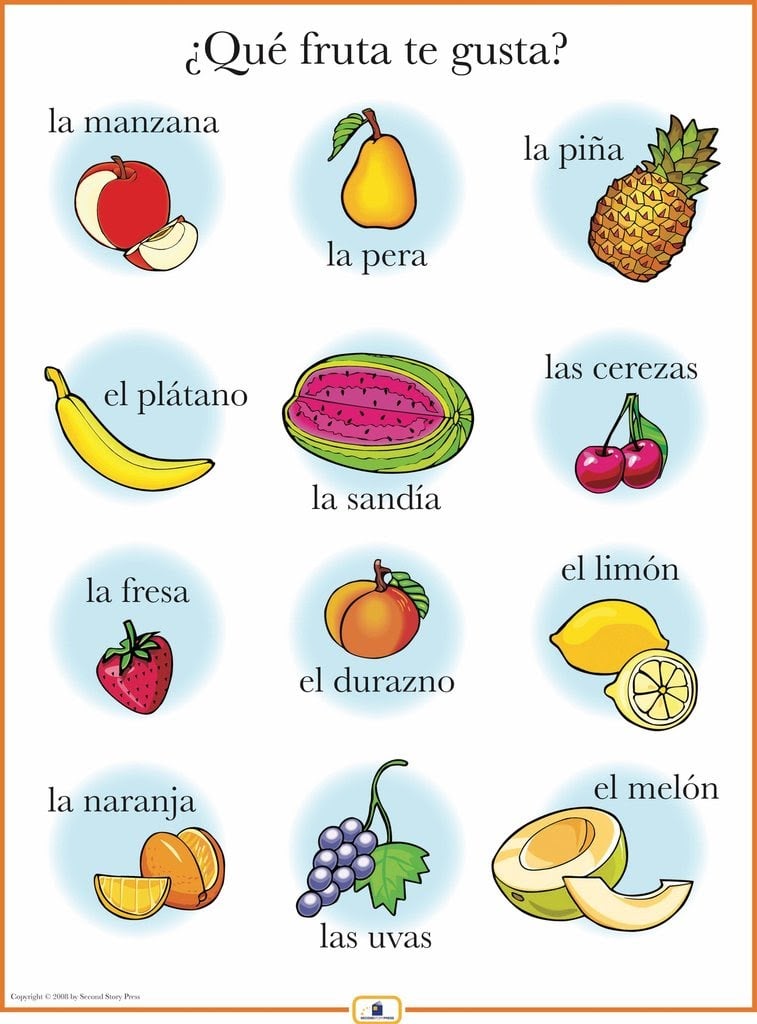
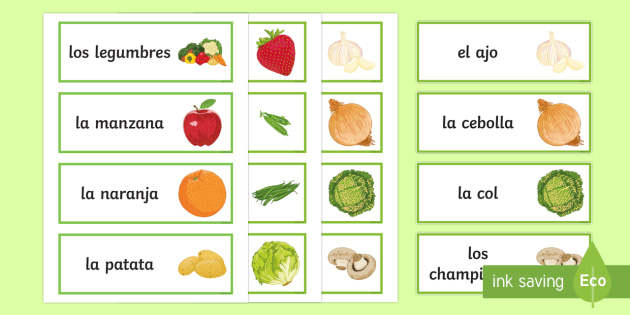
https://www.spanishdict.com/guide/using … in-spanish
Hope it will help you
I think if you want to write a topic about translation, just stick to the language you know. You have many articles about translation in different languages that you don't really know. There are French, Polish, Spanish, etc. Do you use google translator for them? The google translation is not 100% accurate. Sometimes it gives more mistakes than right.
I'm from the Philippines and my language is Filipino. I will use my language as an example.
In English, the word “watch” is a multiple-meaning word. It means “to view” and it also means “a small wrist clock”.
In Filipino, we use two different words for it. “Relo” is for “the wrist clock” and “panuorin” is for “to view”. When I translated “watch” using google translation, the GT gives “panuorin”, but GT did not give the “relo”.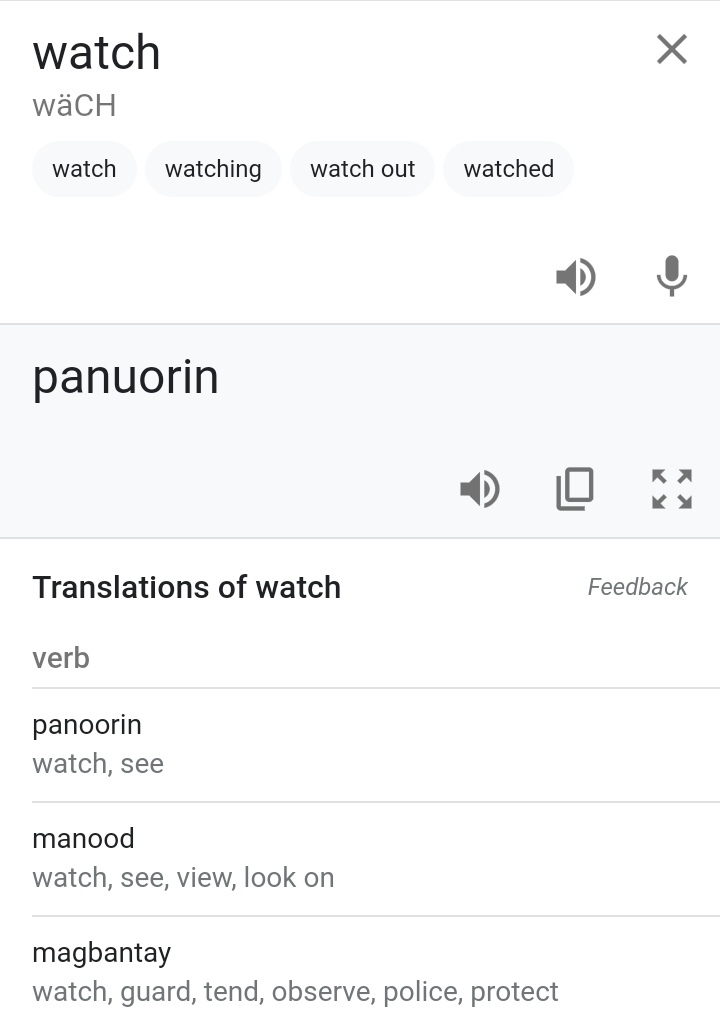
Assuming that you want to write a topic about “jewelry in the Filipino language” and you want to translate the word “watch” to Filipino using GT only, GT gives “panuorin” and you thought it is the right translation for “ wrist clock”. You are giving the wrong information.
I heard, in India, your term for “good” and “full” is the same (I'm not sure.), that is why, sometimes, you say “good name” for “full name”. If you are asking for the full name of a person, you say “What is your good name?" instead of “What is your full name?"
Related Discussions
- 31
I'd like feedback on my article: A Flavour of Porto.
by Liz Westwood 7 years ago
Hi Hubbers,I'd like some help with passing the Quality Assessment Process. Will you please give feedback on my article A Flavour of Porto. (must be signed in to view). What can I do to improve? Thanks!
- 9
I'd like feedback on my article: 12 Super Benefits of Grapefruit for Health
by Olivia Philips 7 years ago
Hi Hubbers,I'd like some help with passing the Quality Assessment Process. Will you please give feedback on my article 12 Super Benefits of Grapefruit for Health. What can I do to improve? Thanks!
- 19
How many different languages would you want to know? ( whether you could learn t
by suncat 14 years ago
How many different languages would you want to know? ( whether you could learn them easily or...not ). Which ones?
- 12
I'd like feedback on my article: Remembering My Father
by ARUN KANTI CHATTERJEE 7 years ago
Hi Hubbers,I'd like some help with passing the Quality Assessment Process. Will you please give feedback on my article Remembering My Father. What can I do to improve? Thanks!
- 17
I'd like feedback on my article: When Comments Become the Article 3
by Rodric Anthony Johnson 7 years ago
Hi Hubbers,I'd like some help with passing the Quality Assessment Process. Will you please give feedback on my article? What can I do to improve? Thanks!Here is my article: When Comments Become the Article 3
- 18
Can someone translate this into Spanish for us?
by Fawntia Fowler 15 years ago
Lately, a lot of hubs have been published on HubPages that are written in Spanish. Since we only allow English hubs on HubPages, Maddie has to find them and moderate them, which is a lot of work for her. We decided to improve the situation by trying to automatically detect when a hub is written in...














